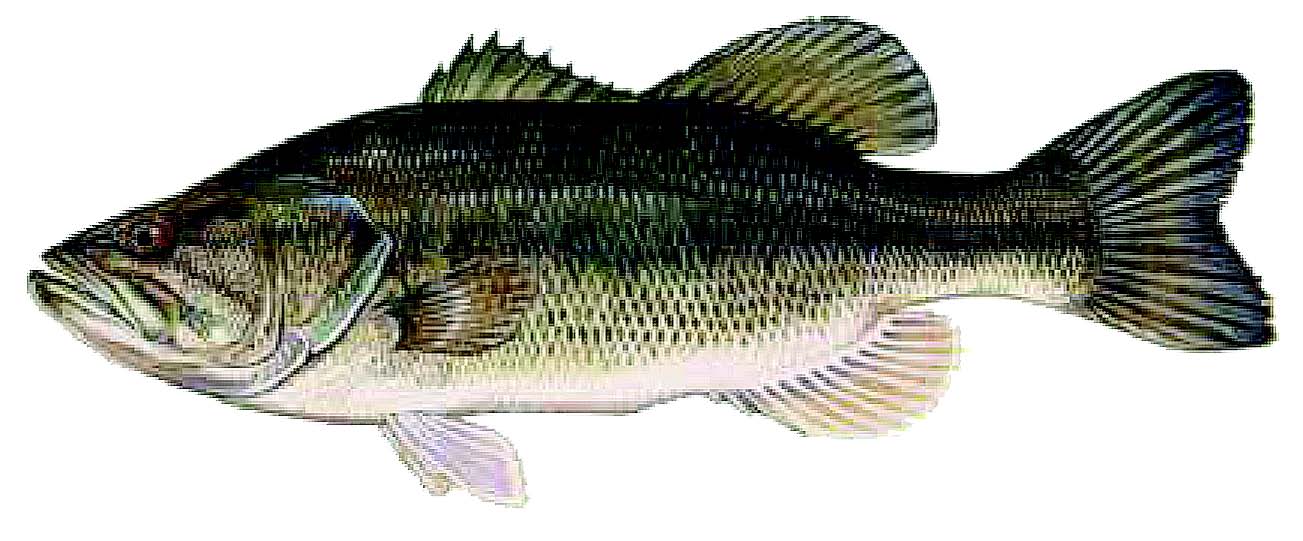With the major rivers that flow through the area and the extensive TVA reservoir system, it can be easy to overlook the role that small ponds play in fishing throughout the Chattanooga area.
According the Tennessee Wildlife Resources Agency, there are approximately 200,000 ponds and small lakes in the state, and nearly 25 percent of fishing in the state occurs on these smaller waters. In addition, small lakes help with erosion control, farm irrigation and providing water for livestock and other wildlife.
To help encourage proper care of these small ecosystems, the TWRA has put together a 50-page guide, "Managing Small Fishing Ponds and Lakes in Tennessee" to help landowners in the construction and maintenance of ponds.
Among the issues addressed in this publication are:
Pond Construction:
The proper placement of a new pond is discussed, including issues such as avoiding damaging existing wetlands, potential permitting problems and the construction process involved in creating a pond.
Reclaiming unproductive ponds: Often older ponds can become out of balance ecologically, either through poor location, poor management of the fish populations or the introduction of undesirable fish species or other wildlife. Renovating an unproductive pond can be done by draining and refilling, chemical removal of bad fish populations, deepening the reservoir and removing harmful aquatic algae and other vegetation.
Stocking and managing fish populations: While the TWRA no longer provides fish for stocking private ponds, advice is offered for what types of fish to introduce into a new pond to create the best balance for fishing. Factors such as pond size, other uses for the water and stocking rates are addressed.
Controlling aquatic weeds:
While plants and vegetation are needed to keep a healthy fish population, sometimes plants can become a nuisance and require removal to keep a pond healthy and enjoyable as a fishery. The TWRA will assist landowners with identifying problem plants and offering advice for the treatment to remove unwanted plants in a safe and effective manner.
Livestock and wildlife in and around ponds:
Small ponds often serve as a water source for irrigation, watering livestock and as a home a water source for all manner of wild species. The TWRA offers advice for maintaining a healthy balance between building a fishery and using a pond to serve other needs. For many young anglers, the first fishing experience comes on the banks of a small pond reeling in a tiny bluegill or perhaps a small bass. Developing and maintaining these small waters may not get the attention that conservation efforts on the larger waterways get, but they play an important role in developing Tennessee's fishing industry and furthering the work of the TWRA.

